These reflections are a result of more than 40 years of ministry as a Roman Catholic priest. Most of these years I spent in the Diocese of Charlotte which covers Western North Carolina. Now I am retired, and live in Medellín, Colombia where I continue to serve as a priest in the Archdiocese of Medellín.
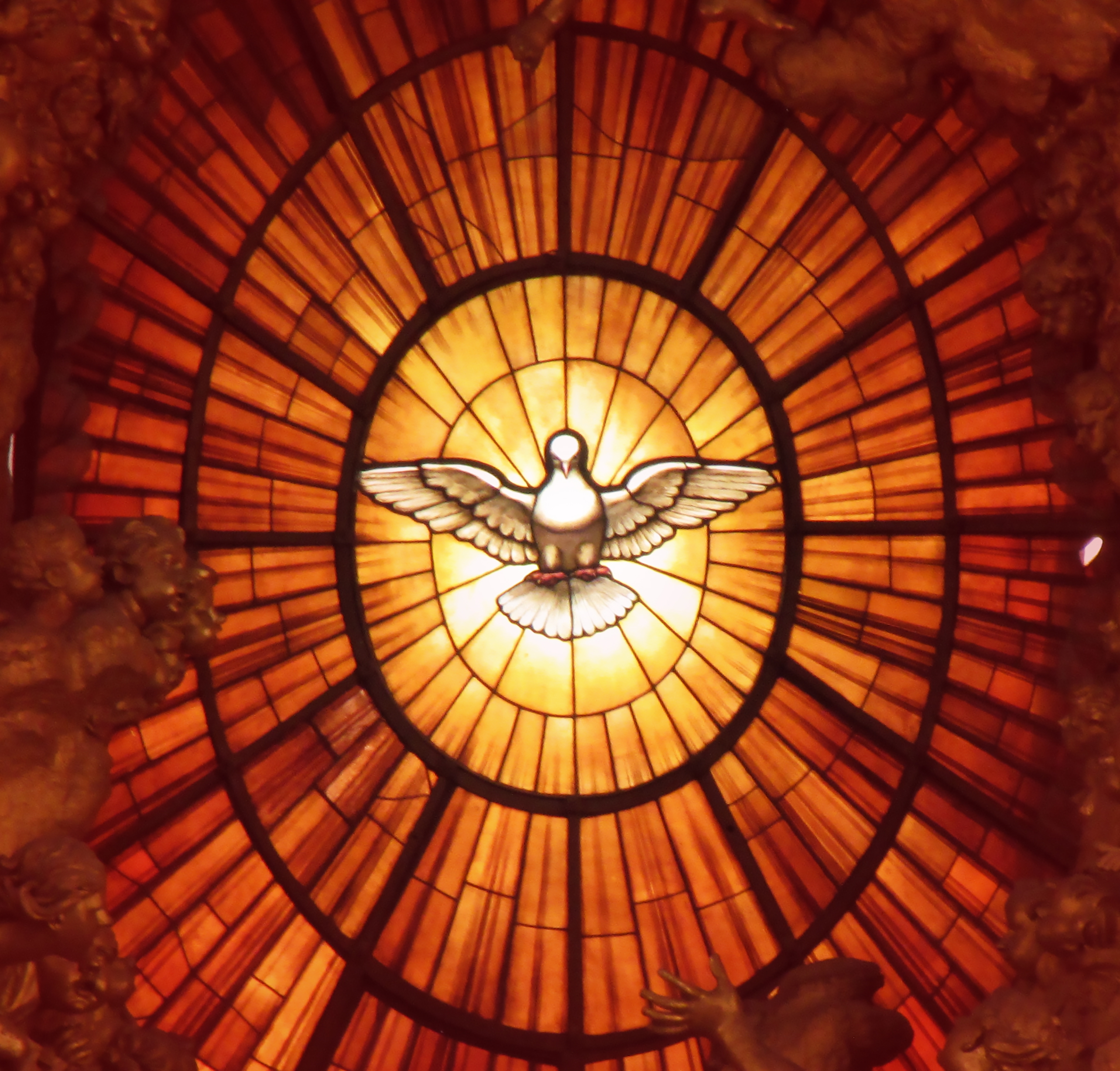
While Apollos was in Corinth,
Paul traveled through the interior of the country
and down to Ephesus where he found some disciples.
He said to them,
“Did you receive the Holy Spirit when you became believers?”
They answered him,
“We have never even heard that there is a Holy Spirit.”
(Acts 19:1-8)
Even though believers may have no idea about the work of the Holy Spirit, the Spirit is still at work!
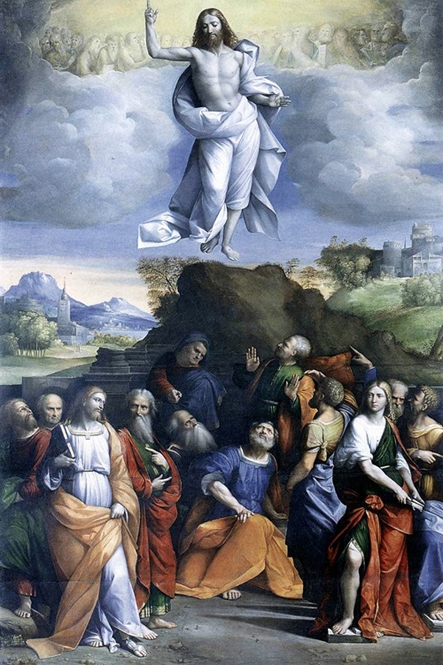
When Jesus had said this, as they were looking on,
he was lifted up, and a cloud took him from their sight.
While they were looking intently at the sky as he was going,
suddenly two men dressed in white garments stood beside them.
They said, “Men of Galilee,
why are you standing there looking at the sky?”
(Acts 1:1-11)
It’s always curious that folks want to assume that “men dressed in white garments” are always “angels.” But the gospel is very clear . . . they were men in “white garments.” It would make sense if they were the recently baptized. And of course, they ask the right question: “Why are you just standing there looking at the sky?” There’s work to be done: “you will be my witnesses in Jerusalem, throughout Judea and Samaria, and to the ends of the earth.” Let’s get to it!
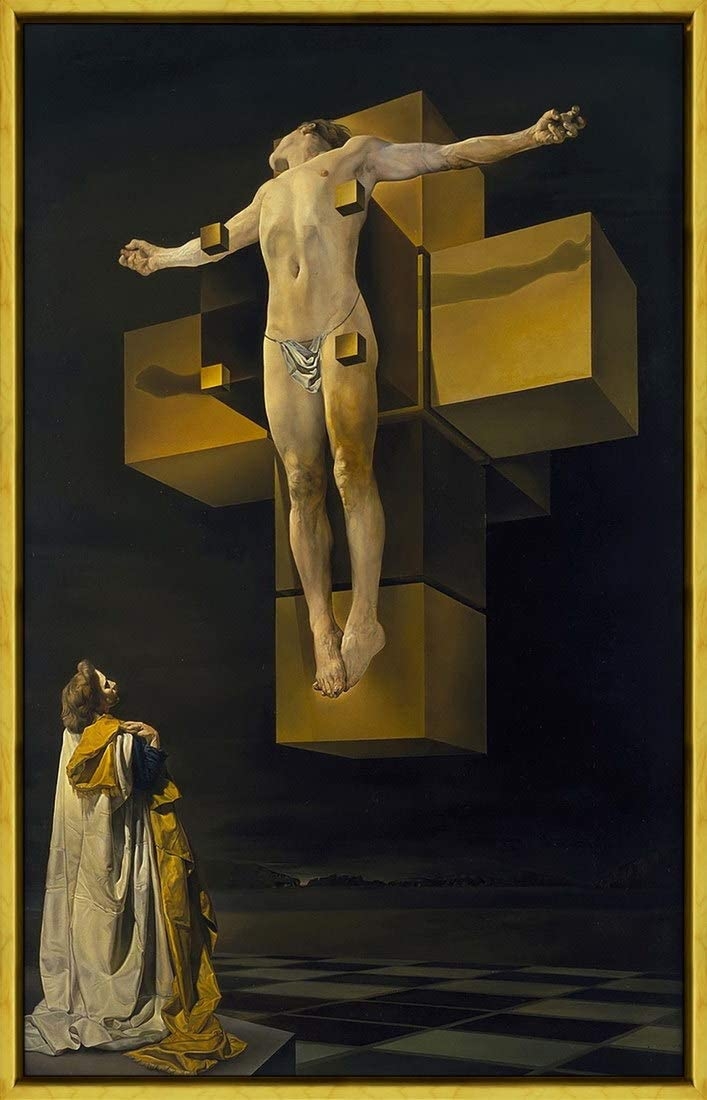
Jesus said to his disciples:
I came from the Father and have come into the world.
Now I am leaving the world and going back to the Father.
(Jn 16:23b-28)
In most parts of the Catholic world, we will be celebrating the Ascension Sunday tomorrow—which makes perfect sense with this passage from the Fourth Gospel (according to John). In the Fourth Gospel, the raising of Jesus on the Cross is his passion, death, resurrection, ascension, his glorification and exaltation, all rolled into one.
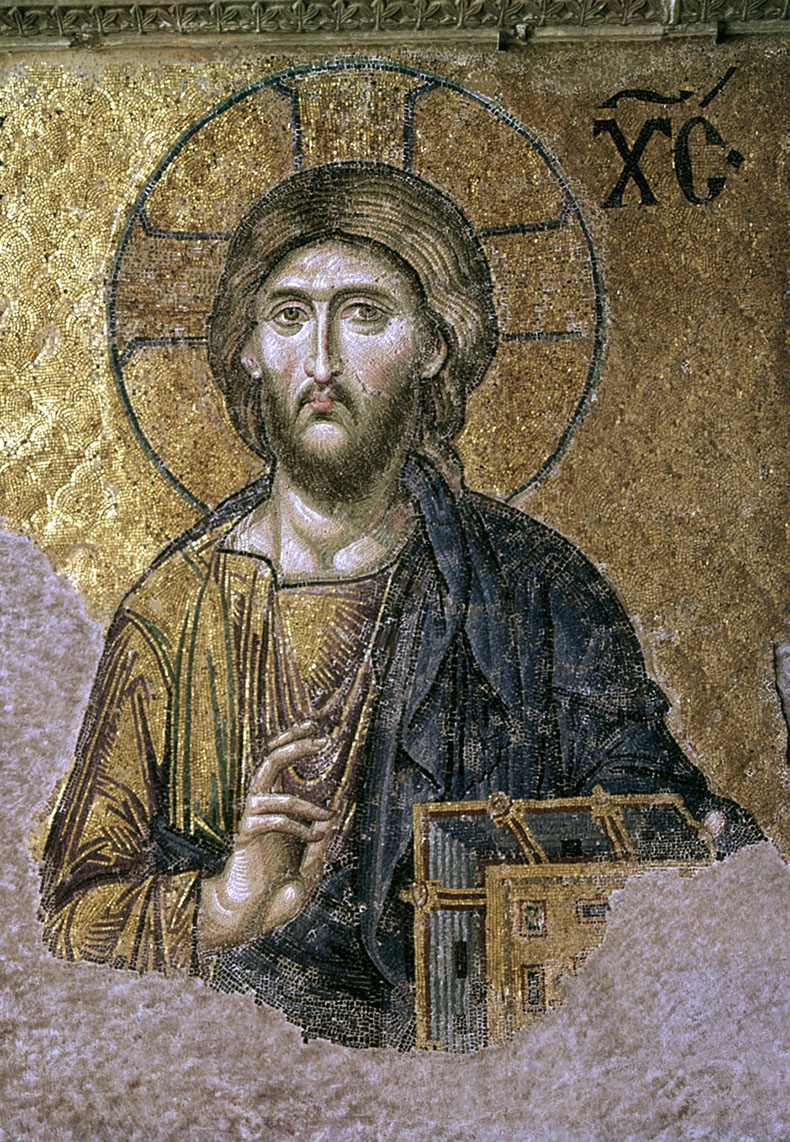
Jesus said to his disciples:
It was not you who chose me, but I who chose you
and appointed you to go and bear fruit that will remain.
(Jn 15:9-17)
My friend, Father Jerry Neufelder, who was my first spiritual director in seminary, mentioned a book about spirituality, called The Choice Is Always Ours. And that is true, the choice is always ours . . . we can always choose to say yes or no to God’s call. But as Jesus points out, he’s the one who chooses first!
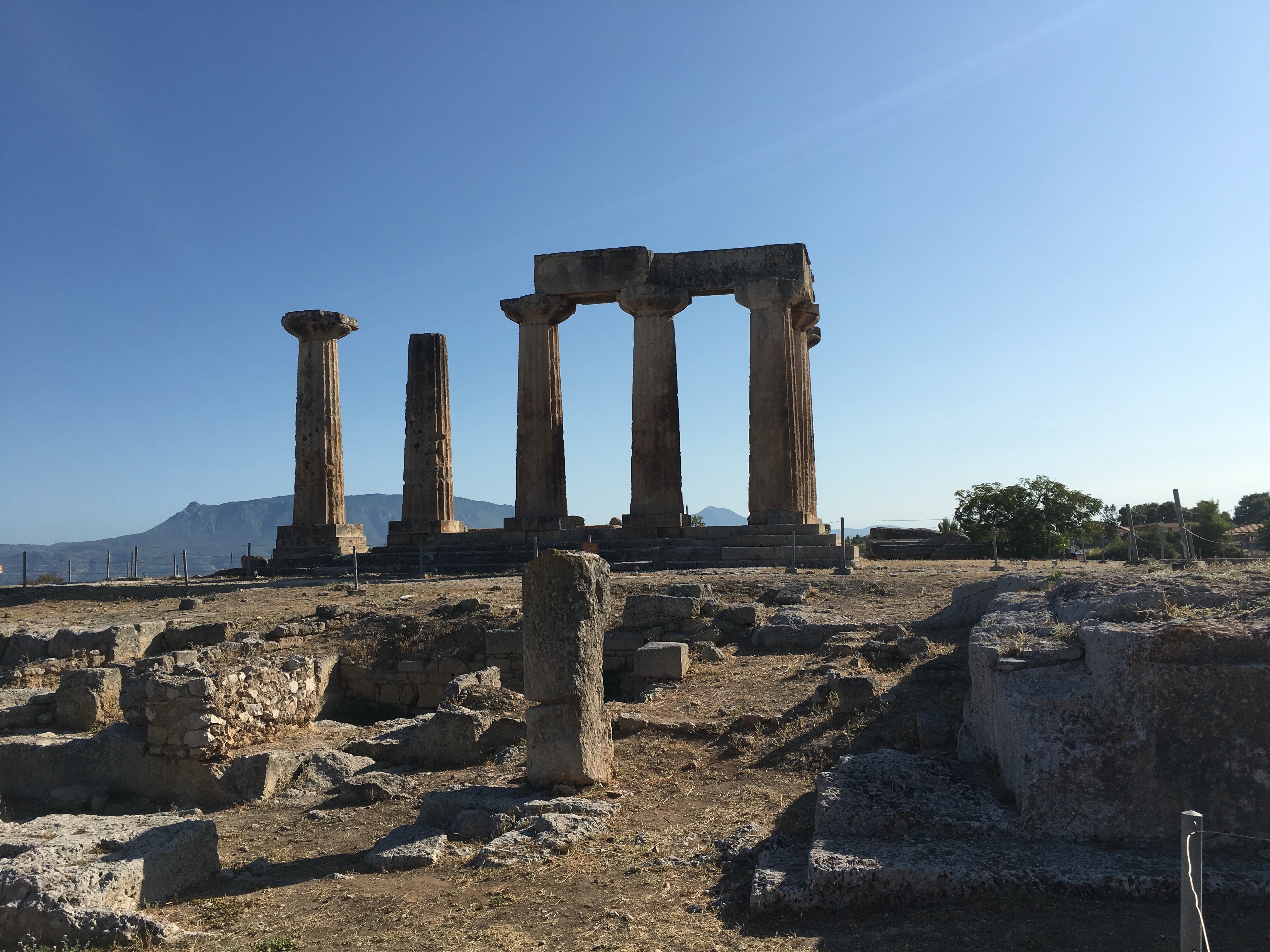
Paul left Athens and went to Corinth . . . and went to a house
belonging to a man named Titus Justus, a worshiper of God;
his house was next to a synagogue.
Crispus, the synagogue official, came to believe in the Lord
along with his entire household, and many of the Corinthians
who heard believed and were baptized.
(Acts 18:1-8)
Ancient Corinth must have been a wonderful opportunity for Saint Paul. He supposedly stayed there for a year and a half. The Christian community met in homes, meanwhile the state cult enjoyed the Temple of Apollo.



